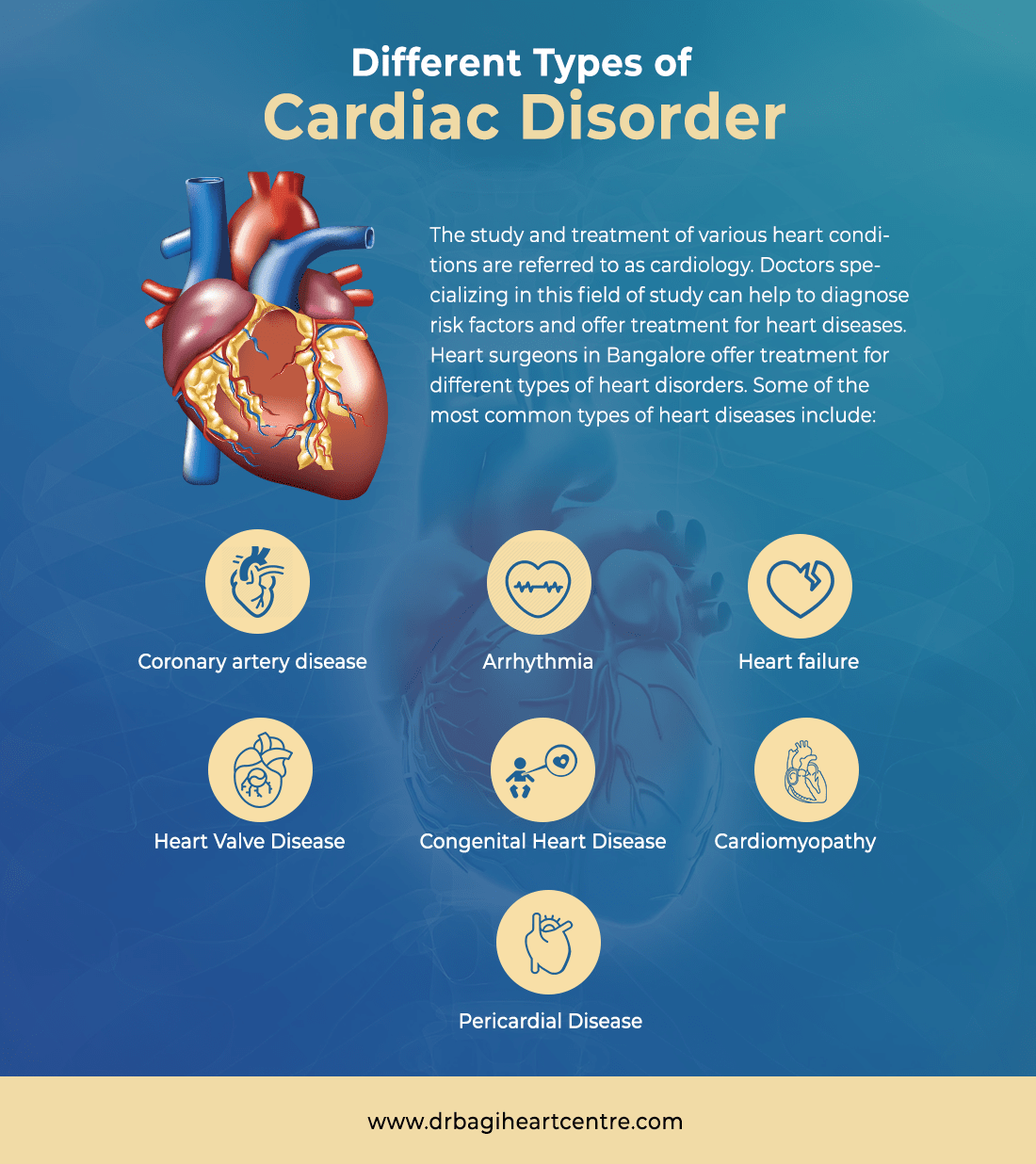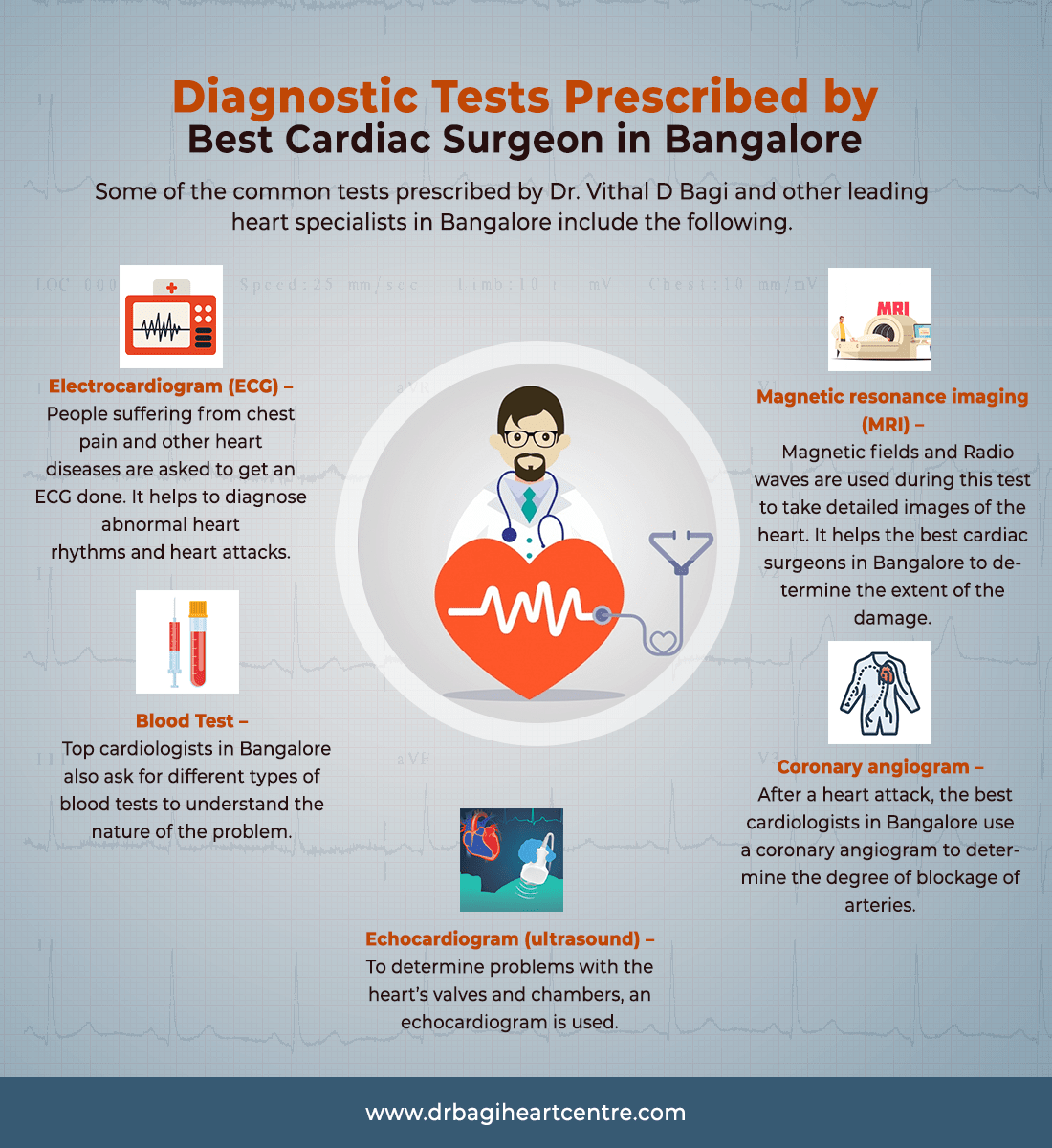What should I ask my doctor about my heart health
Heart attack is leading cause of death worldwide even today. Most of the deaths can be prevented by creating public awareness about heart disease.
1. How emergent is the heart condition?
Heart attack is a medical emergency. Heart muscle is dying every fraction of a second due to lack of oxygen supply. Damage to heart muscle can lead to heart failure or death. Nonemergency heart diseases can be treated with detailed evaluation.
2. What are symptoms of heart attack?
- Diffuse chest discomfort with radiation to one or both arms.
- Chest pain with unexplained sweating
- Sudden onset of breathing difficulty
- Tiredness or fatigue or loss of consciousness
- Giddiness or dizziness
Patients with any of these symptoms should immediately consult the nearest hospital get an Electrocardiogram (ECG) done. In 90 to 95% cases, ECG will give the diagnosis. Doctors follow the protocols to do blood tests and repeat ECG if clinical suspicion is high.
3. Where and how to shift the patient with suspected heart attack?
Patients with typical symptoms and ECG/ blood test suggestive of heart attack should be given at most priority. Every heart attack patient should be shifted in ambulance to the nearest centre where angiogram/ angioplasty can be done within 120 minutes. If not possible to shift in time or where facilities are not available then patient should receive clot dissolving medicine in less than 30 minutes.
4. Who gets the heart attack?
Anybody can get heart attack if they have certain risk factors. Heart physiology is similar in all human beings, risk factors will vary. Heart attack doesn't occur on the basis of good or bad individuals. No denial/ introspection in emergency situation should accept the fact and get treated. Hearts blockages are manmade disease occur due to changes in the life styles.
5. What are risk factors which can cause heart attack?
Age and family history are nonmodifiable risk factors. Modifiable risk factors are smoking, diabetes mellitus, hypertension, high blood cholesterol, lack of excercise, unhealthy food habits and type A personality.
6. How to prevent heart attack?
Life style changes include regular exercise, balanced diet, sound sleep, stress management, quitting smoking, moderation of alcohol and weight reduction. Life style changes should be started early in life. Periodic check up and controlling the risk factors such as diabetes mellitus, hypertension and cholesterol etc.
Annual preventive health checks with echo cardiogram and treadmill tests to diagnose blockages before they can cause attack.
7. Second opinions do matter in heart attack situation?
Every minutes count in heart attack. Undue delay can cost a life. In nonemergency situations, second opinions from another qualified specialist can be obtained. Understand the implications of treatments. Don’t do Google search when the house is burning. Trust the doctor who can rescue the patient at best of his/her efforts.
8. What should I suppose to do as a relative of the patient?
Don’t breakdown, give courage to the patient. Financial support and have health insurance for the dependable. Heart attack treatments are life saving, unpredictable, unavoidable, unplanned and expensive. Don’t take decisions based on emotions, have rational thinking. Learn about "Basic Life Support". Counsel the patient about the importance of life style changes, compliance with medicines and de-addiction. If you are the first degree relative, then get a cardiac screening done.
9. Which is the best treatment option in heart attack?
Primary angioplasty should be done where ever possible in heart attack. If not suitable then bypass can be considered. Clot dissolving medicines can be used where facilities not available for angiogram. Blood thinners, statins universally given to all patients. Medical line of treatment or angioplasty or bypass each has specific recommendations based on scientific evidence in each case. Decisions based on the evidence should be encouraged than individual’s choices or opinions or preferences.
10. What are the risks or the complications of the treatment?
All the recommended medicines or surgeries have specific proven scientific data about their benefits. Most of the patients die because of lack of treatment or complications of the disease than complications of the treatment. No medical/ scientific body will approve a treatment option which is more harmful than the benefits to the patient. All qualified practitioners perform their skills within the medico legal boundaries with proven scientific methods. If you notice any new symptoms then report to the doctor who decides whether it is related to the side effects. example bleeding risk with blood thinners.
11. What are the other diseases of heart apart from heart attack?
- Birth defects of heart and its development (at early stages of life).
- Disease of heart valves (narrowing or incompetence) either congenital or acquired.
- Heart failure/ pump failure/ heart muscle weakness due to various
- Disease of the great arteries or the pericardium (cover on the heart).
- Most of these diseases are identified by echo cardiogram. Most of the structural disease can be corrected by elective
12. What is the rule of TMT positivity or elective angiogram?
TMT is done for screening the blockages if the patient is having only exertional related symptoms. TMT positive for ischemia implies need for an angiogram for further risk stratification. Based on the blockage severity and their physiological significance either elective angioplasty or coronary bypass surgery or medical management can be advised. Elective angioplasty or bypass carry very minimal risk compared to emergency procedures. Elective cases give enough time in decision making process and scope for second opinions. Shared information and precise decisions improve the outcomes.
13. Alternative medicine is it useful?
No animal experiments are allowed in present time. So don’t become the guinea pig for your own experiments. All qualified doctors follow universally accepted guidelines or protocols for treatment of the patient. Right to know is every civilian right but right to treat is doctor's right. Qualified doctors have gone through certain level of training before practicing medicine. They don't need suggestions from Google. Respect the time of specialist, discuss relevant issues with intent of understanding the disease process. Good Doctor - patient relationship can save a lot more hearts or lives.
14. How do I choose a good cardiologist in Bangalore?
Check the educational qualification and experience of cardiologists before the consultation. It will help you to find a good doctor.
15. Do I need to see a Cardiologist for High blood pressure?
Yes. High blood pressure often leads to heart attacks and must not be neglected.
16. What are the different types of cardiac surgery?
Cardiac interventions are the procedures which are done through percutaneous approach through the tubes or catheters under local anesthesia with x ray guidance.
Cardiac interventions are done by the cardiologists. Cardiac surgeons do the open heart procedures. The best heart surgeon in Bangalore can carry out invasive and minimally invasive surgeries.
17. What are the different conditions treated by a cardiologist?
High blood pressure, hypertension, coronary heart disease, arrhythmias, congenital heart disease etc. are some of the conditions treated by a famous cardiologist in Bangalore.
18. What is the difference between a cardiac surgeon and a cardiologist?
Cardiologist is the one who does percutaneous procedures without actually cutting the muscles or bones. Example angiogram, angioplasty stenting, pacemaker, device closure etc. cardiac surgeon is the one who does open heart surgeries like bypass and valve replacement. While heart specialist doctors in Bangalore treat heart diseases, a cardiac surgeon in general is common term usually used for cardiologist and cardiac surgeons specially qualified to conduct invasive as well as minimally invasive surgical procedures.
19. When is it a time to visit a heart specialist doctor in Bangalore?
If you have palpitations, shortness of breath, feel dizzy or have chest pain, you must immediately consult the best heart doctor in Bangalore.


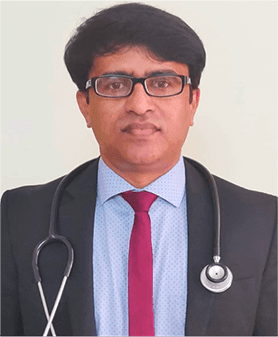
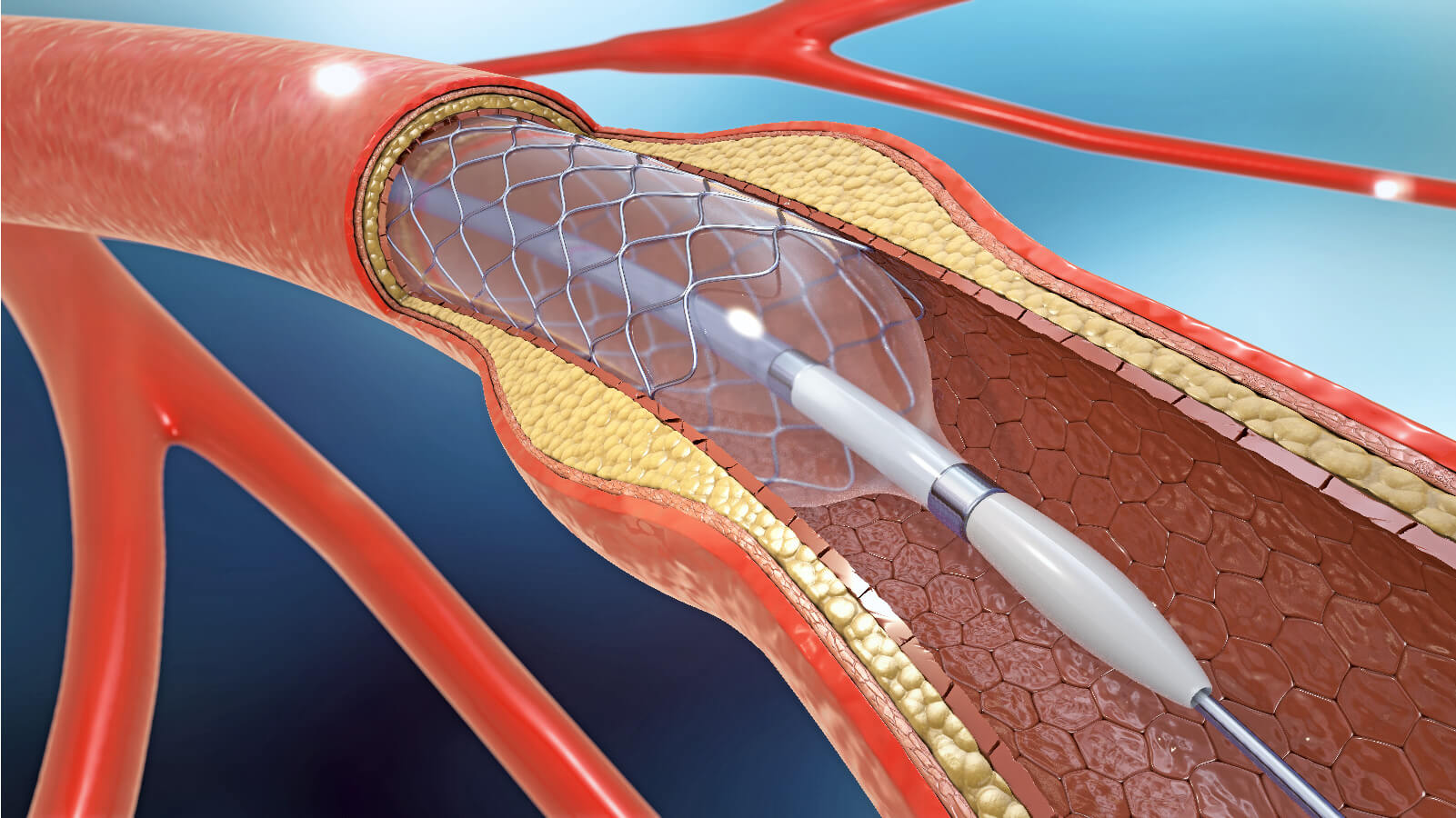
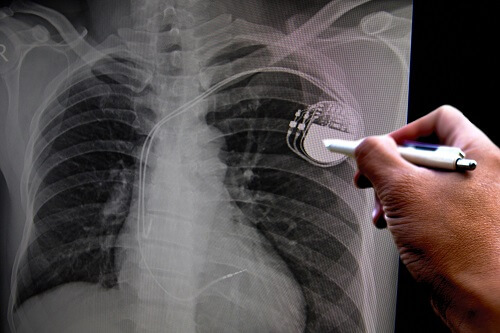
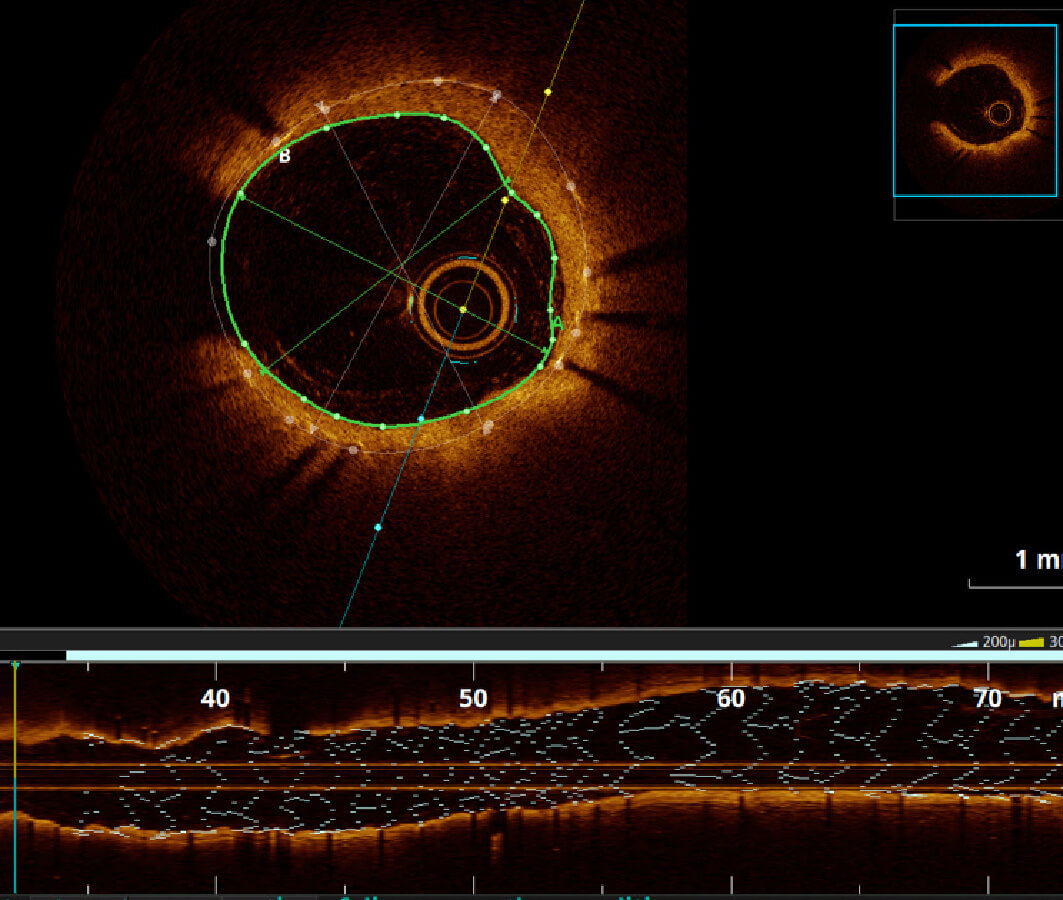
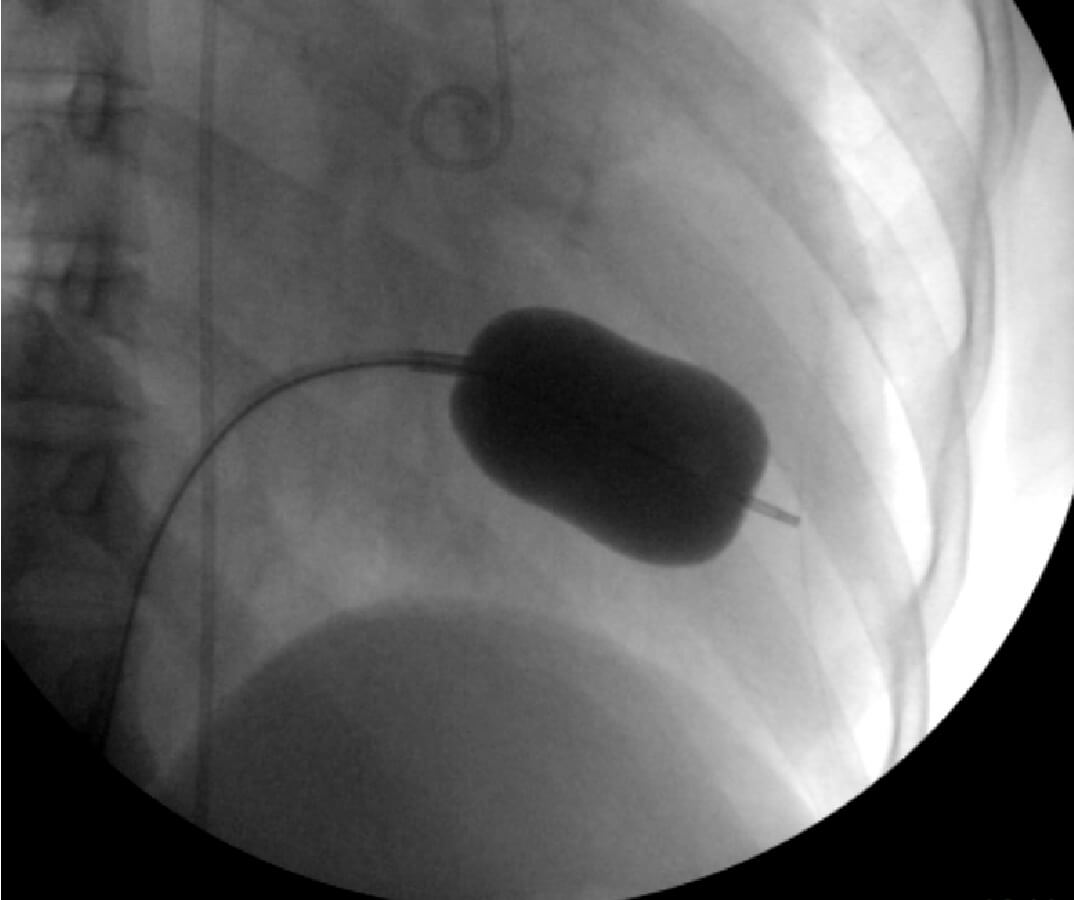
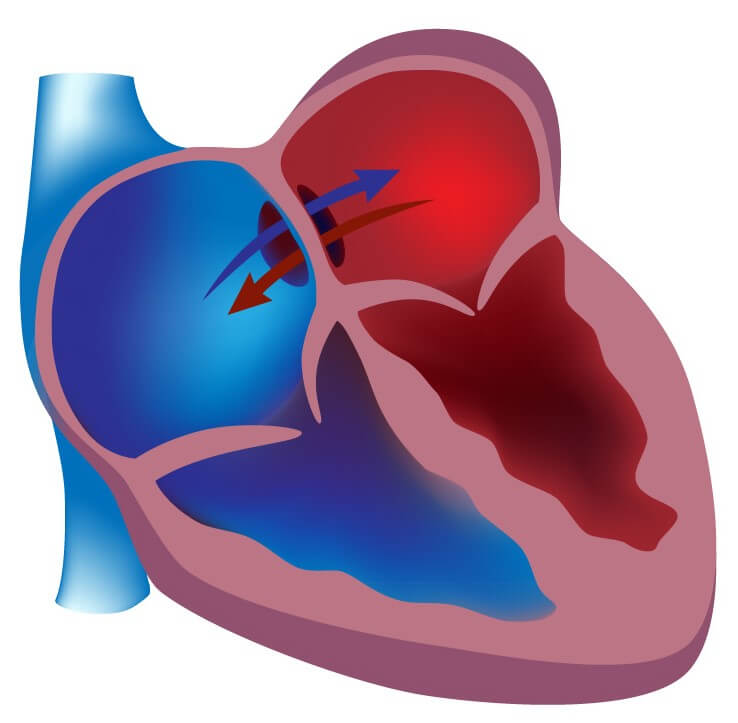
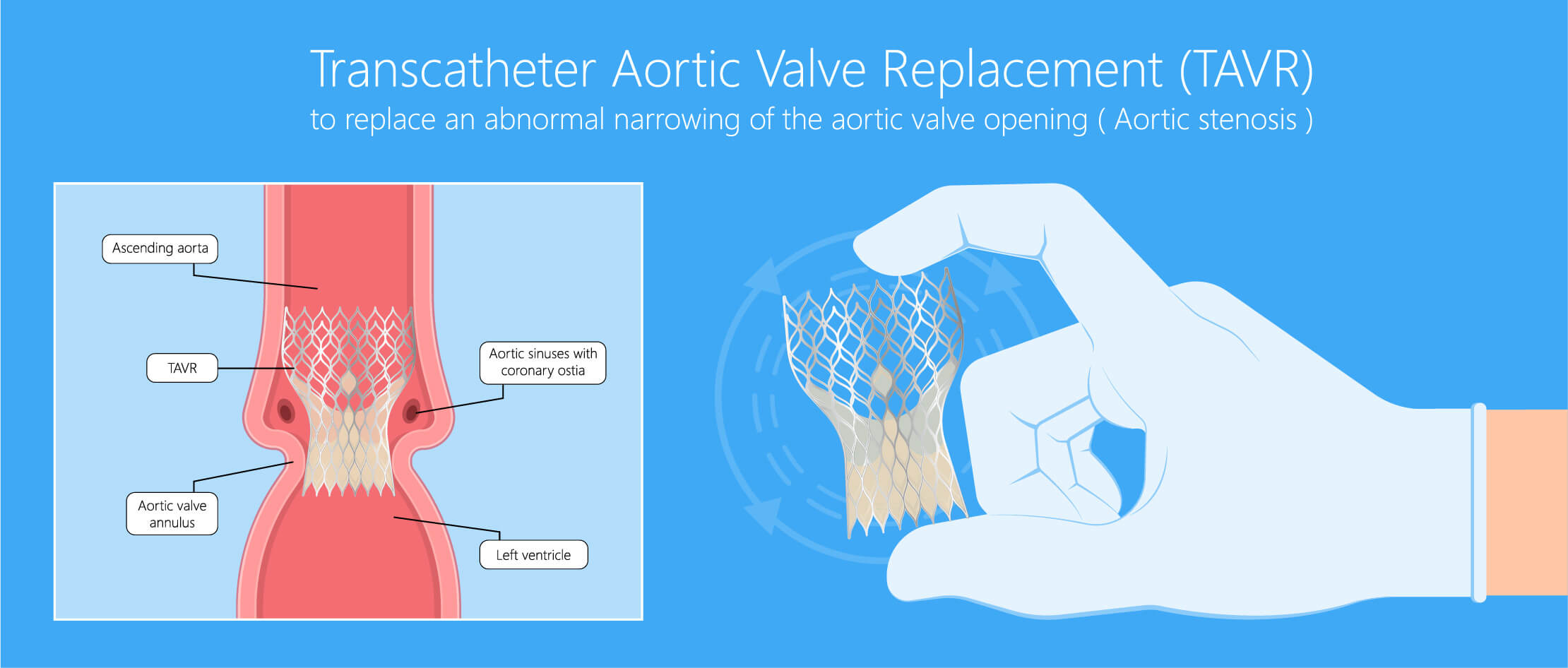
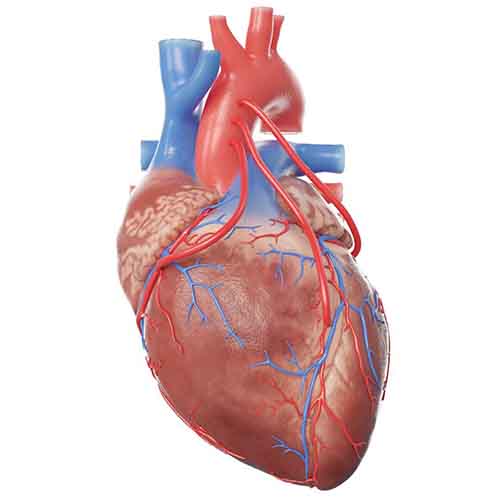
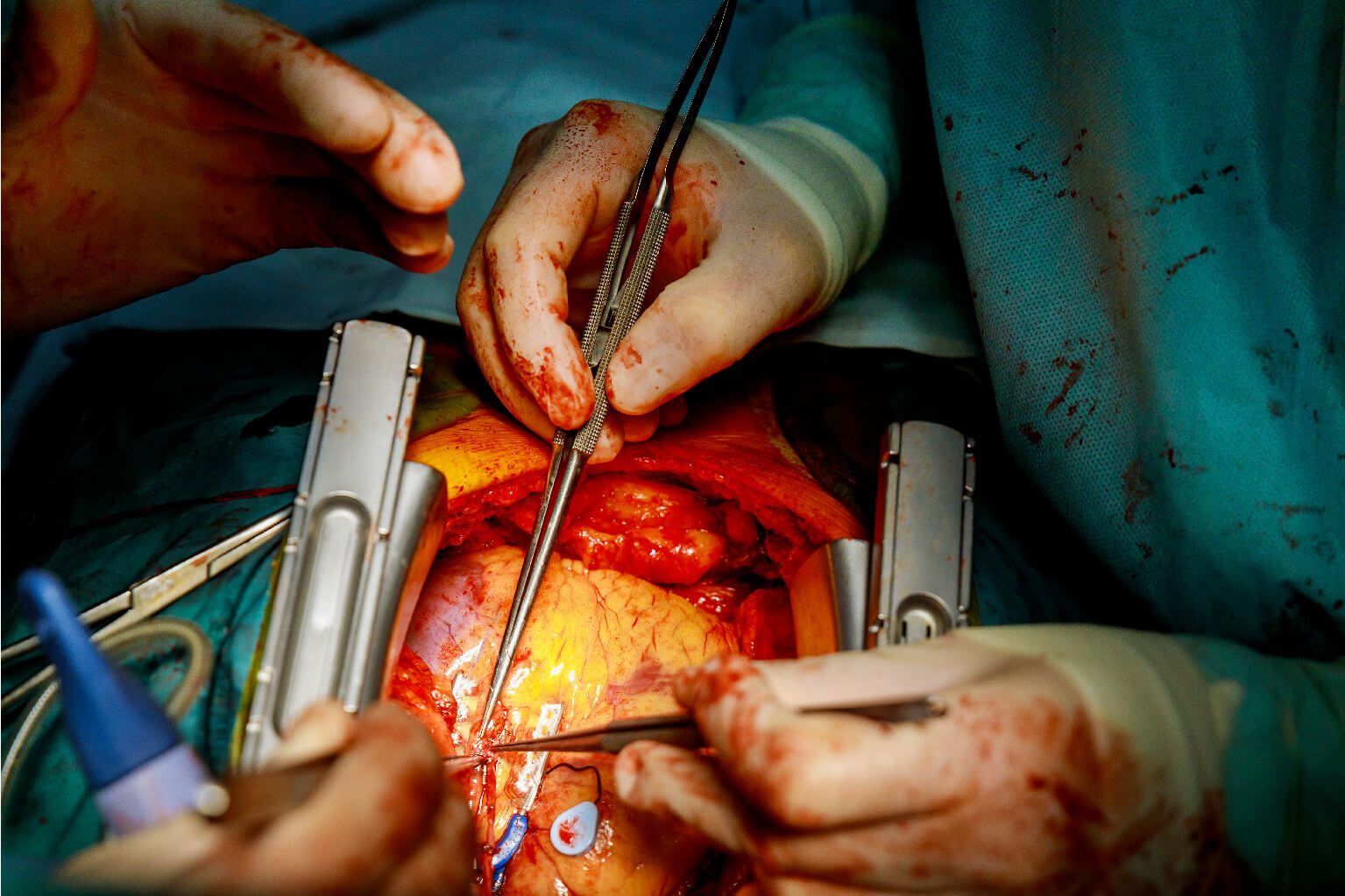
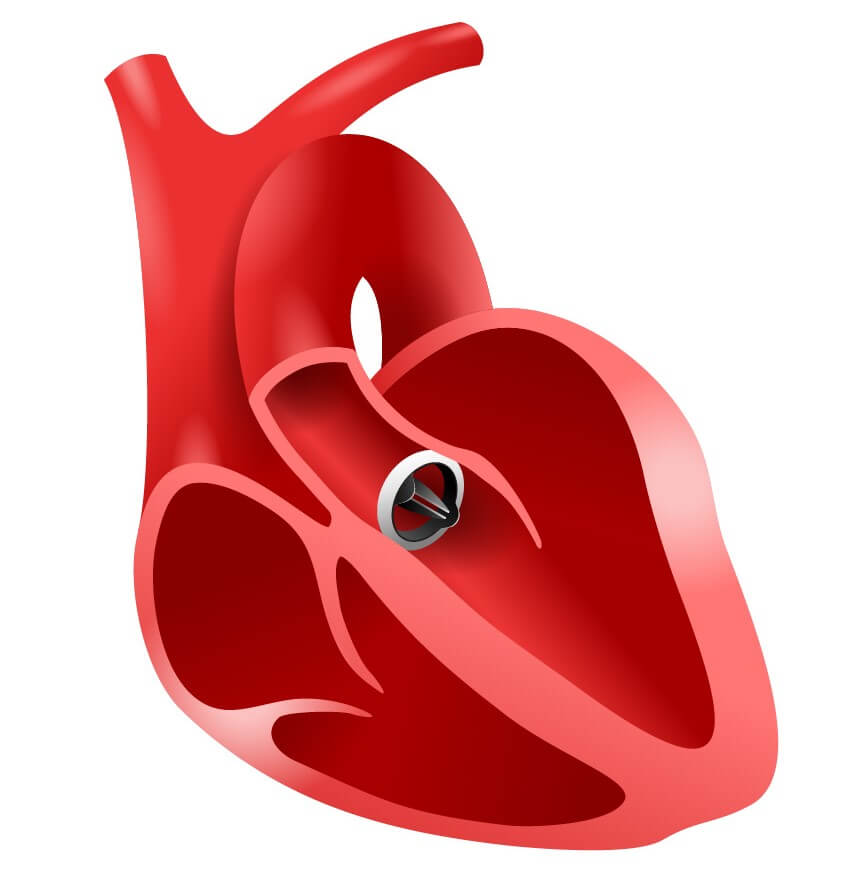
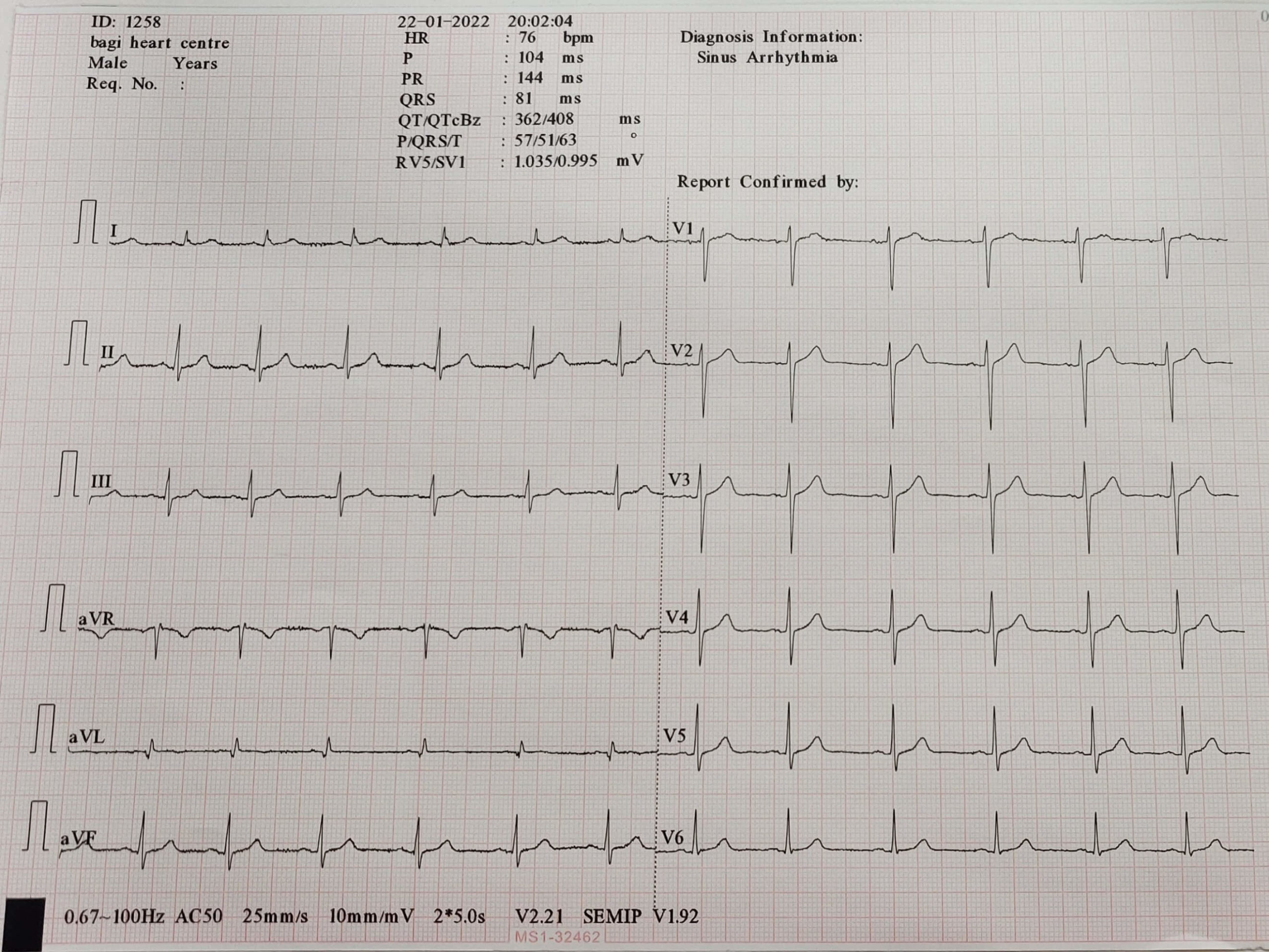
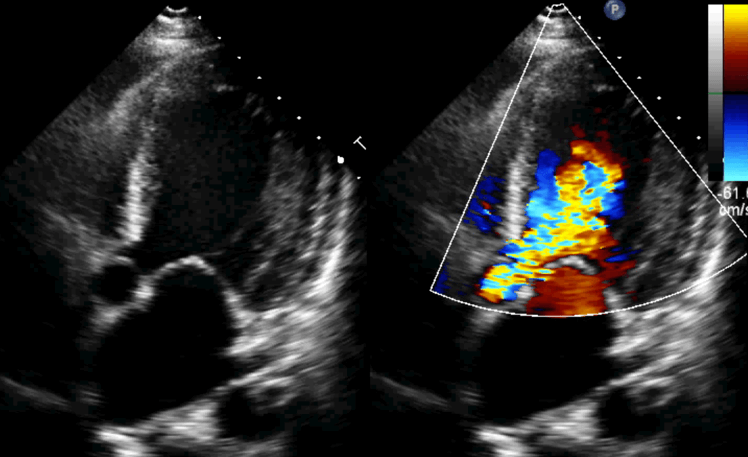
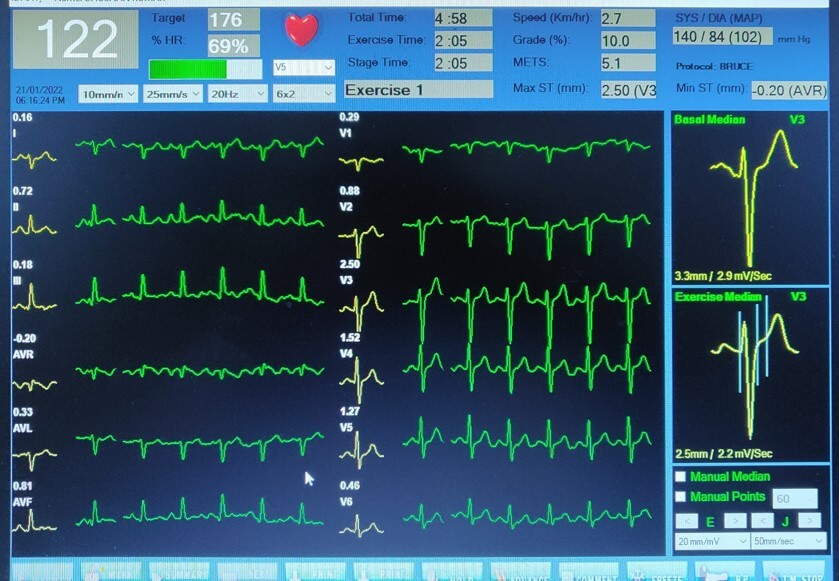
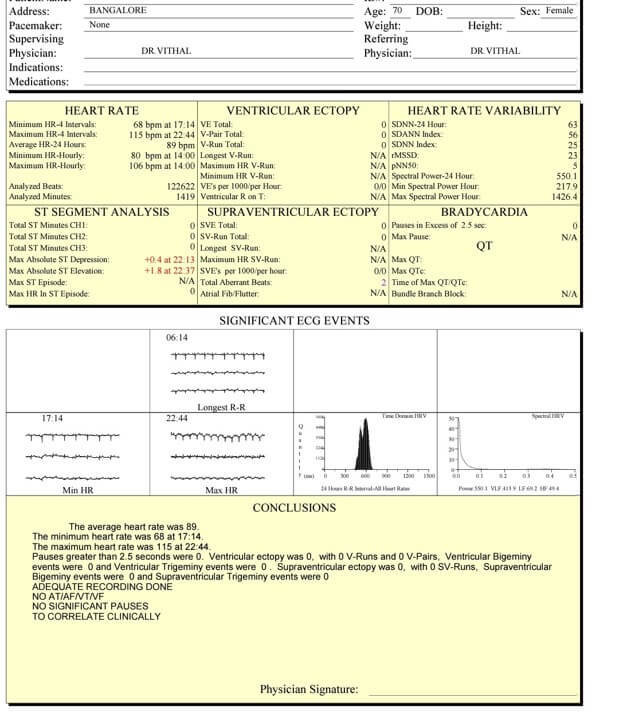
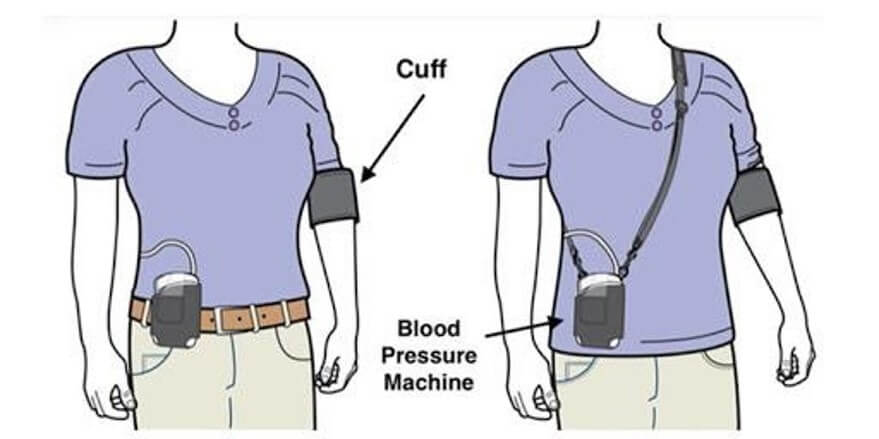
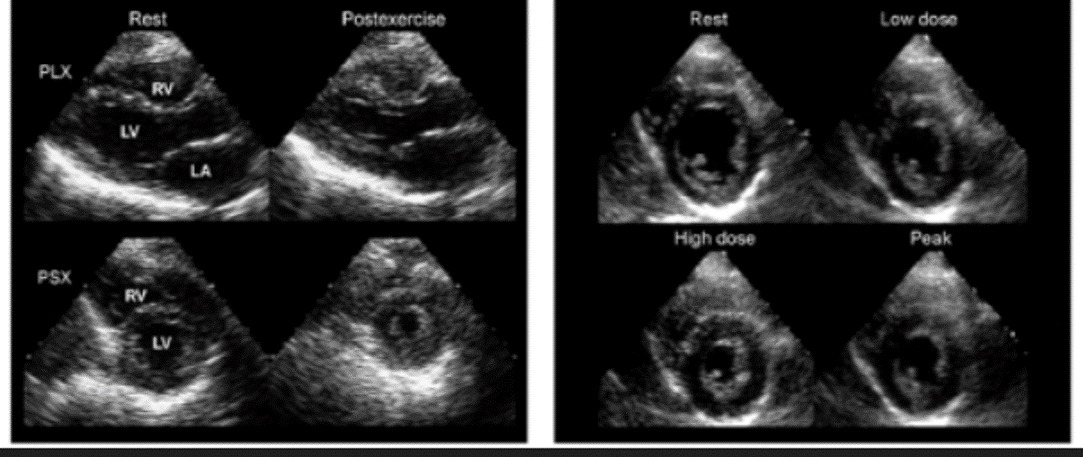
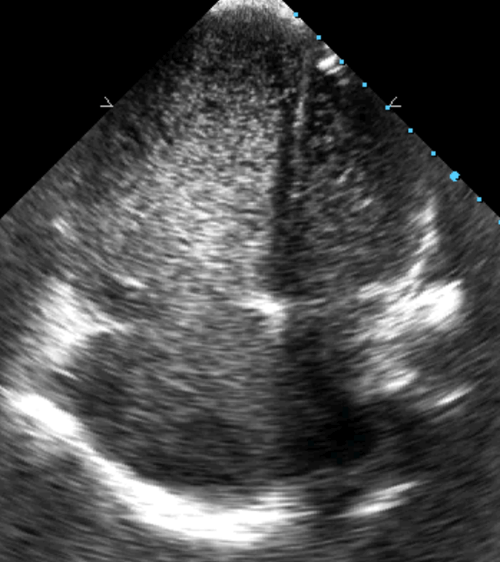
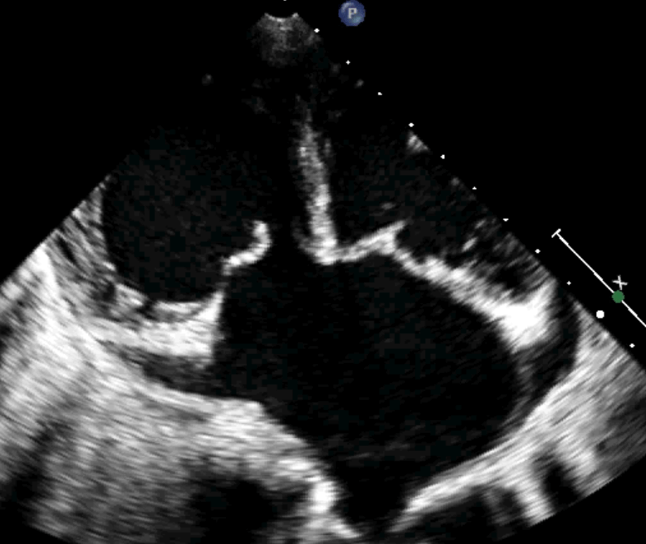
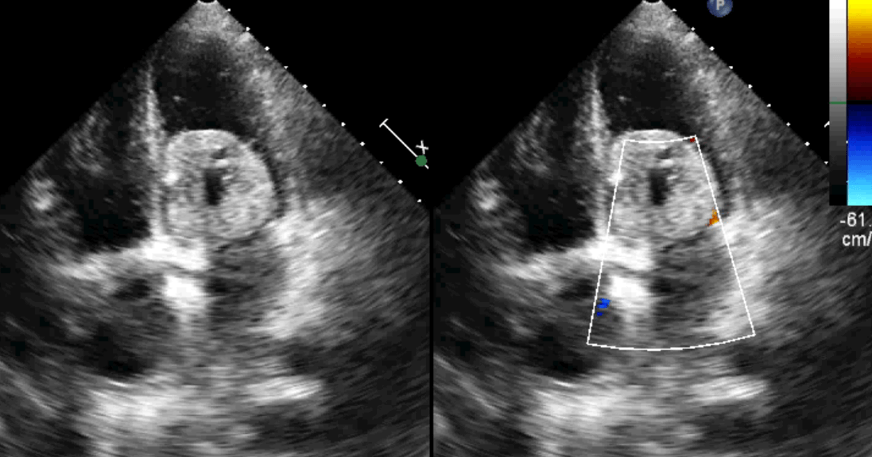
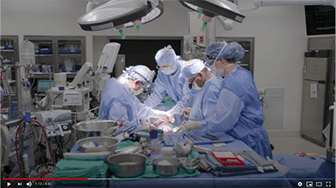
 Consultant cardiologist in Apollo hospitals Banerghatta road and Apollo hospitals Jaynagar from 2013 to present.
Consultant cardiologist in Apollo hospitals Banerghatta road and Apollo hospitals Jaynagar from 2013 to present.


